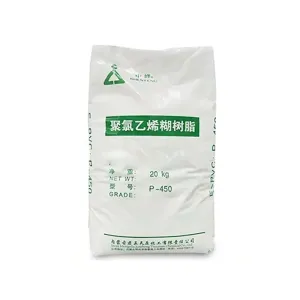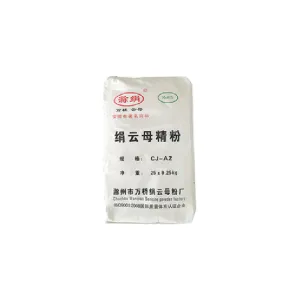4,105
November 13, 2024, 10:28 AM
On November 12, recently, Corning Painter, CEO of Oerilon, not only talked about the impact of Asian tires on the U.S. market, but also expressed unique insights on Russia's future role in the international carbon black supply chain.
He pointed out that although Trump had declared his commitment to ending the conflict in Ukraine and hinted that he might have received a call from Putin to negotiate, this potential peace prospect was not immediately reflected in the restructuring of the global carbon black supply chain.
Painter emphasized that no matter how Russia-Ukraine relations develop in the future, the status of Russia, Belarus and Ukraine, as important sources of carbon black supply in Europe in the past, has undergone fundamental changes. These countries once provided more than one-third of Europe's carbon black demand, and even half of the carbon black supply of some tire companies originated from Russia. However, Painter believes that due to supply chain security and diversity considerations, few companies will be willing to rely on Russia for such a large proportion of supply again in the future.
According to the Carbon Black Industry Network, since the Russia-Ukraine conflict, the global carbon black supply chain has been rapidly adjusted, and Russia's market share has been filled by other countries and regions. Among them, India has become one of the main alternative sources of carbon black imports. At the same time, China has also increased its carbon black exports to Europe. Coupled with the increase in production in other countries, this has jointly alleviated market tensions caused by Russian supply interruptions.
Painter predicts that even if Russia recovers politically and is expected to reintegrate into the international market in the future, the restoration of its carbon black supply status will be a long and complex process, and this process will be more a fine-tuning of the structure of existing import sources rather than a simple return to the original status quo ante.














